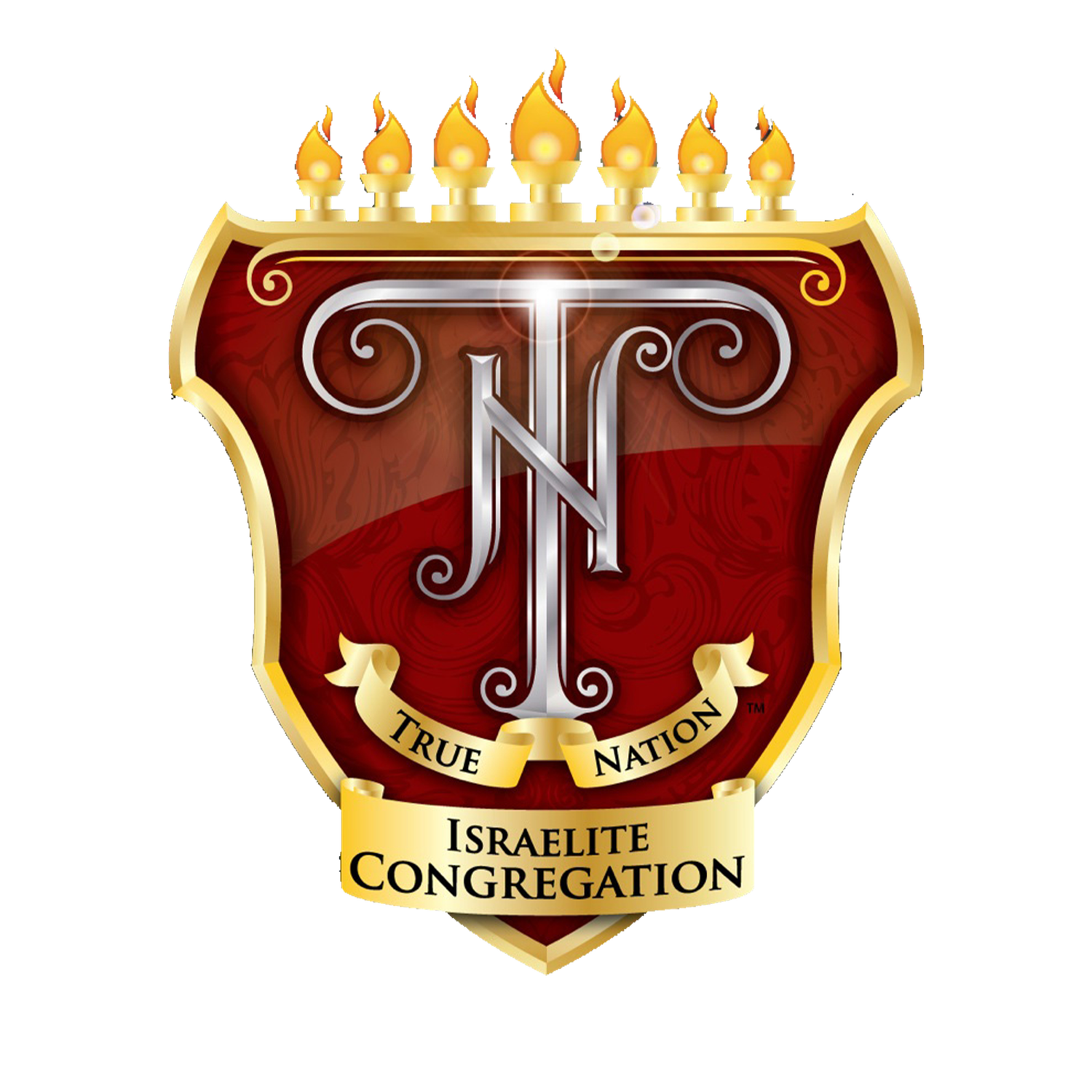
Purim
The festival of Purim is recorded in the Holy Bible in the book of Esther. It is celebrated on the 14th and 15th day of the last month of the Hebrew calendar called Adar. The month of Adar occurs sometime in late February and early March of the Gregorian or present day calendar. The name Purim comes from the act of casting a pur (aka casting a lot) to determine the day of extermination against the Israelites which were held in bondage in Persia under King Ahausuerus (Xerxes I).
This festival commemorates the Israelites deliverance from the evil Haman, an Amalekite from the bloodline of Edom, whom plotted a diabolical plan against all Jews. Through the efforts of Queen Esther, at the risk of her life and as she was directed by her older cousin Mordecai, the Jews were delivered. Esther fasted for three days before seeking an audience with the King, to invite him to a banquet, and then to a second banquet, where her petition would be presented. (Esther 4:6 & 5:8) Her petition was favorably heard by the King and, since the original decree could not be changed on account of the unchangeable law of the Medes and Persians, (Daniel 6:8), another decree was issued. This document granted the Jews the right to defend themselves and enabled them to prepare for battle.
It was written by Mordecai and translated into many languages and sent to all the districts where the Jews dwelt in the Persian Empire. The Israelites fought, with the help of the princes, governors and other subordinate rulers in which these battles turned the tables on the anti-Jews enemies. A great slaughter took place on Adar 13, not of the Jews, but of their enemies. It continued in the royal city of Shushan through the fourteenth. On the fourteenth day of Adar the Jews rested, and those in Shushan on the fifteenth day, with banqueting and rejoicing. (Esther 8:3 & 9:19)
To commemorate this deliverance, Mordecai imposed upon the Jews the obligation to observe the 14th and 15th days in the month Adar each year with banqueting and rejoicing and sending portions to one another and gifts to the poor people. (Esther 9:20-22) Later, another letter was written with the confirmation of Esther the queen commanding this festival. It was to be held in each generation, family, district and city at the appointed time each year. (Esther 9:28-31)
Both Mordecai and Esther were servants of the true God YHWH, and the festival was established to honor Him. The deliverance of the Jews is attributed to YHWH because the issue arose by reason of Mordecai’s integrity in his course of exclusive worship of the Most High. Haman, the Amalekite, was of the nation YHWH had specifically cursed and condemned to destruction (Book of Obadiah). Mordecai respected the Most High’s decree and refused to bow down to Haman. (Esther 3:2, 5 & Exodus 17:14-16) Also, the words of Mordecai to Esther indicate that he looked to a higher power for deliverance for the Jews, and Esther’s fasting before entering the King’s presence with her original petition indicated her appeal to the Most High for help. (Esther 4:14, 16)
With the integrity of Mordacai and the virtue of Queen Esther, through their acts of faith, courage and trust in the only true God of Abraham, Isaac and Jacob, we can today as Israelites observe this day in remembrance of the Feast of Purim in thanks giving with all joy and gladness.
